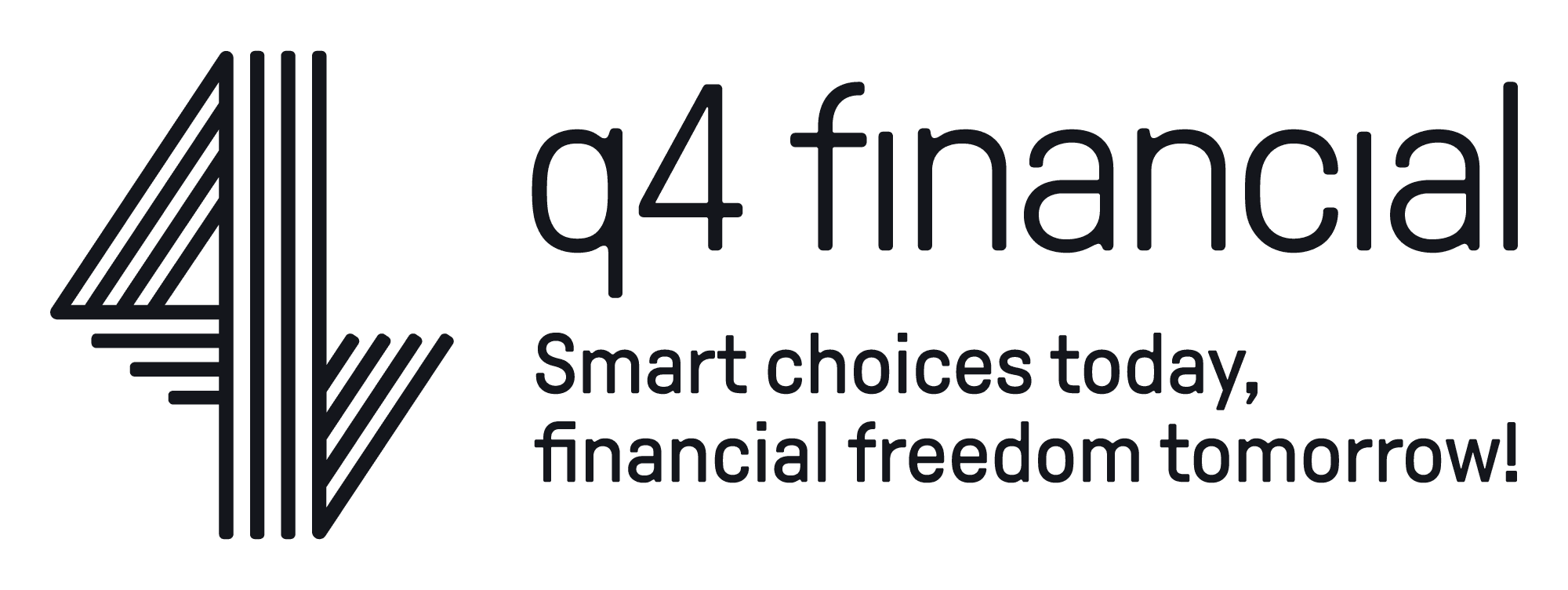Your business performance may be right on track in setting you up personally for financial freedom. Your long-term plans look strong on paper, you are reaching annual profit targets, comfortably handling expenses, and managing sustainable growth. But have you considered what could go wrong?
You need to plan to be able to protect your business from the real-world events that could interfere with (or ruin) your plans. This is risk mitigation. Find out more about why risk mitigation is essential for businesses that operate in the real world.
Building a successful business goes well beyond the day-to-day operation, and should also encompass a plan for your personal financial freedom and financially securing your future beyond being a business owner.
To achieve this, you will of course need appropriate business strategies, processes and practices in place to build a profitable business. But that’s not enough.
The important process of risk mitigation involves stepping back from the day-to-day demands of business ownership and taking a ‘helicopter view’. Start by identifying the factors that could interrupt your plans for the business, with detrimental impacts for your personal financial future. For example, what would happen if you became seriously ill and were unable to continue managing the business, or if a key member of staff left unexpectedly? Next, prioritise your risk factors by assessing which would have the most serious consequences for your business. Then, take steps where you can to mitigate these key risks.
Reducing risk with insurance
Certain risks for your business may be transferred through insurance.
Personal insurances include life, income protection, trauma and TPD (total and permanent disablement) policies that are designed to protect individuals’ financial wellbeing against major events including an illness or accident that results in the inability to work, as well as death.
Income protection and key man insurance are especially important for you as a business owner. You will need a policy that considers your personal financial obligations – mortgage repayments, school fees, living costs – as well as the financial viability of your business. For example, in addition to meeting your personal financial obligations, you may also need to pay a replacement salary for someone else to take care of the business while you are away. Your business may also need to continue to meet regular expenses such as rent, vehicle lease payments, insurance premiums, interest on loans, wages and salaries and more.
Personal insurance can be complex. q4’s financial planning division can advise you on personal insurances, or I am more than happy to work with your existing financial adviser.
General insurances include business interruption, professional indemnity and business contents policies that may be used to protect your business. General policies can also protect personal possessions including your house and contents, car and boat. The team at q4 work closely with a trusted general insurance broker who can advise you on this type of policy.
Reducing risk by strategy
Other risks are not insurable but may be reduced by the implementation of appropriate business strategies. Our risk mitigation process at q4 helps you identify areas of risk within your business. For example, your business growth goals would be at risk if you haven’t also planned the cash flow required to fund that growth. We then recommend and help you implement strategies to reduce the risk and/or reduce its potential impact on the business.
Risk mitigation is important for asset protection. This would usually involve separating your business assets from your passive investment assets by putting them into separate ownership structures. The principle is that if an unexpected event affected your business adversely, you don’t want it to affect all your other assets. For example, a mum and dad may be joint directors of their company as well as joint owners of their home. Their assets as a couple could be better protected if one was the director of the company and the house was owned in the other’s name.
Risk mitigation also applies to exiting your business. You may wish to sell or close the business or pass it to a family member or trusted friend. Regardless of your exit, having an exit plan in place will help you to smoothly transition out of your business in a way that maximises the outcomes for you.
q4 uses a quick 10-question Business Risk Survey to help you identify risk factors and potential trigger events that could damage your business and, in turn, your personal financial circumstances. You may be surprised about your business risk exposure. Please complete the survey to find out more.
If you would like to discuss risk mitigation for your business, please feel free to contact me by phoning 3171 4255 or emailing kelly@q4financial.com.au
q4 financial is known for helping business families to feel financially safe, confident and in control.
The information contained in this article is general and is not intended to serve as advice. No warranty is given in relation to the accuracy or reliability of any information. Users should not act or fail to act on the basis of information contained herein. Users are encouraged to contact q4 financial professional advisers for advice concerning specific matters before making any decision.
